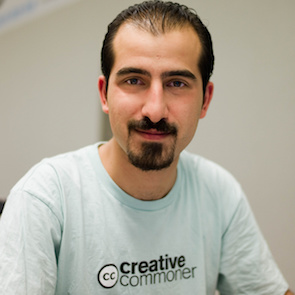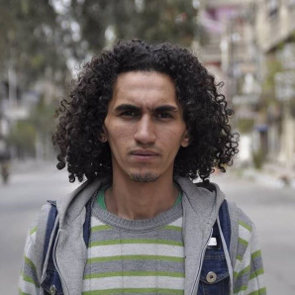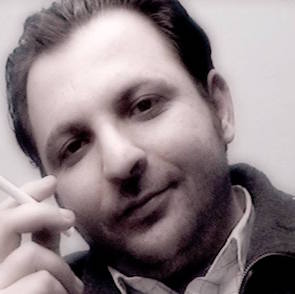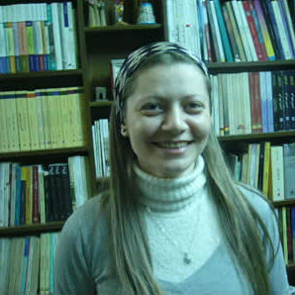UPR Submission - Syria
Submission to the 26th session of the Universal Periodic Review, November 2016
Date Submitted: 24 March 2016
Summary of main concerns
1. The ongoing armed conflict represents a profound failure of the international community. Violence has mutated from repression of protests into civil war, and left behind hundreds of thousands of casualties and infinite harm. The complex political context that has given rise to the civil war has its roots in the state of emergency declared in 1962, which allowed human rights abuses to happen with impunity.
2. Freedom of expression is formally guaranteed under Syrian law but is in practice severely curtailed. Human rights defenders and non-governmental organisations calling for democratic reforms have been systematically silenced and subjected to torture and ill-treatment. Human rights defenders and journalists have been questioned by security forces or arrested after expressing criticism of the regime or denouncing violations by both state or non-state actors alike.
3. The Ministry of Social Affairs repeatedly rejected registration requests of human rights organizations, relying on the 1958 Law on Associations and Private Societies (Law No. 93) which regulates the establishment of associations.
4. Human rights defenders, lawyers, journalists and academics have been subjected to arbitrary arrest, incommunicado and secret detention, ill-treatment, torture, enforced disappearance, unfair trials and killings, merely for carrying their peaceful human rights work and exercising their basic fundamental rights such as freedom of expression and freedom of assembly and association. They have been a direct target of government forces, pro-government militias and non-state armed groups, including ISIS, Al-Qaeda and Jabhat Al-Nusra. The fate of many of those disappeared remains unknown.
5. Special courts including the counter-terrorism court and military courts, the National Security Bureau and security agencies are among the bodies primarily responsible for targeting human rights defenders, many of whom also had their movement restricted through travel bans. The emergency law granted the security services broad powers of arrest, which have been used against human rights defenders.
6. The government has monitored online communication and censored online content, and – long before the conflict – adopted a policy of surveillance against human rights defenders.
Recommendations
1. The current situation of human rights defenders in Syria is inextricably linked to the conflict. Improvements are very difficult and unlikely unless a solution to the conflict is found. Nevertheless, it is essential that human rights defenders are respected and protected also in time of conflict and that they do not represent a target for the parties to the conflict. In this light, Front Line Defenders calls upon the member states of the UN Human Rights Council to urge the Syrian authorities as well as all other parties to the conflict to ensure the protection of human rights defenders and in particular:
(a) Authorities and armed groups should stop targeting human rights defenders and ensure that they are are able to carry out their legitimate activities assisting victims of human rights violations during the conflict;
(b) Cease the practice of holding human rights defenders incommunicado, or in secret or unofficial detention centres, and immediately disclose the whereabouts of all human rights defenders, protesters and other activists currently in detention;
(c) Release all human rights defenders, lawyers, journalists, protesters and other activists arbitrarily detained for their peaceful and legitimate work;
(d) Take urgent measures to ensure an end of torture in places of detention;
(e) Cease the use of military courts and other special courts such as the counter-terrorism courts to prosecute human rights defenders;
(f) Ensure that human rights defenders and independent civil society are allowed to play their important role in any peace process, including through providing a voice for the victims of the conflict.




